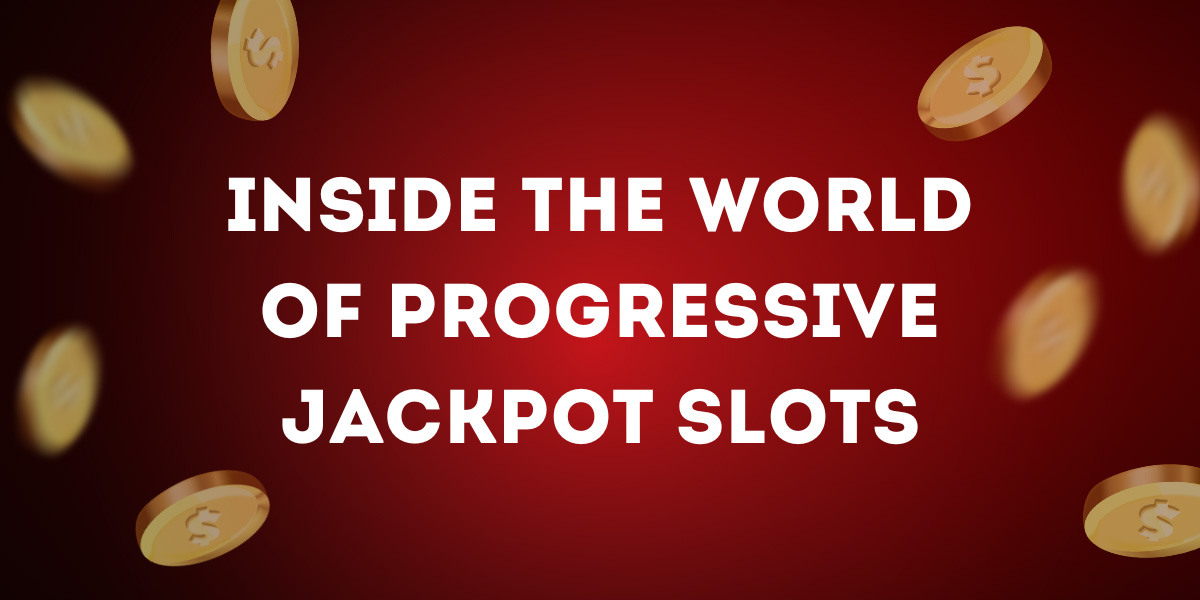The Australian gambling market has been growing for a number of years now, and there is no reason why this trend should change. More online gambling operators are entering the market and more people are participating in various forms of online gambling, including sports betting, casino games, poker and more. According to some studies, 80 per cent of Australians participate in some form of gambling, including online gambling. The average amount per capita that the continent’s residents spend annually on gambling activity is A$500.
Gambling in Australia, including online betting, sports betting and lotteries, is highly regulated and subject to licensing. Therefore, those looking to enter the Australian market need to scrutinise the regulations of the states where they plan to operate. Firms should also pay particular attention to responsible gambling policies, as gambling addiction is a nationally recognised problem in Australia.
Main Legal Acts Regulating Gambling

Australia does not have a single comprehensive law regulating gambling activities, nor does it have a single comprehensive gambling authority. Instead, gambling in Australia is regulated at both state/territory and federal levels.
Below is a list of the main legislation regulating gambling, betting, lotteries and so on at the federal level:
- Financial Transactions Reports Act 1988;
- Interactive Gambling Act 2001;
- Anti-Money Laundering and Countering the Financing of Terrorism Act 2006.
Each of the eight mainland states and territories of Australia separately regulates gambling activities within their jurisdictions. The number of regional laws totals several dozens, so it is impractical to list them all in this review.
For the sake of completeness, we note that the above list of gambling-related legislation is not exhaustive. There are many legislative acts related to gambling activities (e.g., legislation establishing the applicable gambling tax rates), as well as various by-laws.
Federal Gambling Regulatory Agencies

The Australian Constitution gives the federal government the power to regulate and manage, among other things, telecommunications, money and trade between the states and territories.
Using these powers, the federal government has enacted legislation regulating, among other things, interactive gambling, anti-money laundering and countering the financing of terrorism (AML/CTF), and consumer protection and competition (also known as antitrust issues in some other jurisdictions).
Below are the relevant regulatory bodies and a brief description of how they regulate gambling.
Interactive gambling. ACMA is the body responsible for regulating media and communications throughout Australia, including monitoring and enforcing the regulation of internet and telephone gambling (known as interactive gambling laws). ACMA monitors and enforces compliance with interactive gambling laws. Australia’s federal interactive gambling laws prohibit certain activities such as:
- Online casinos, slot machines and poker;
- Online betting services that accept “play-by-play” bets on live sporting events. Live betting can only be done via a phone call or by visiting a land-based betting shop in person;
- Online betting services provided without a licence issued by an Australian state or territory;
- Instant online lotteries;
- The granting or facilitating of credit by certain interactive betting service providers to their users. This regulation also applies to the prohibition of accepting payments from any credit cards, so that only debit bank cards are suitable for deposits to Australian casinos.
ACMA has the power, amongst other things, to initiate civil proceedings in Australia, to notify border protection authorities of the names of directors/managers of illegal offshore operators (who can then be placed on a “travel warning list”, thereby making any travel to Australia risky) and to liaise with foreign regulators to stop alleged offenders.
AML/CTF. The Australian Transaction Reporting and Analysis Centre (AUSTRAC) is the regulator responsible for AML and CTF. Under the Anti-Money Laundering and Counter-Terrorist Financing Act 2006, certain gambling activities are categorised as ‘designated services’. Reporting entities are therefore required to register with AUSTRAC, develop and maintain an appropriate AML/CTF Programme and report certain transactions, including through Threshold Transaction Reports (TTRs) and Suspicious Matter Reports (SMRs).
Failure to comply with the law can result in large civil penalties and possible criminal risk. For example, in 2017, a major Australian gaming company paid AUSTRAC a civil penalty of A$45 million for failing to comply with certain requirements under the Anti-Money Laundering and Counter-Terrorist Financing Act. More recently, an A$450 million fine was imposed on a large group of casino operators.
Competition. The Australian Competition and Consumer Commission (ACCC) is responsible under the Competition and Consumer Act 2010 (CCA) for, among other things, enforcing Australia’s consumer protection laws. From a gambling perspective, the ACCC monitors gambling service providers’ compliance with their obligations under the CCA, including gambling advertising (to ensure that consumers are not treated unfairly or unjustly in breach of the CCA). It also takes appropriate enforcement action where it considers it necessary.
Requirements for a Gambling Operator in Australia
- Operators wishing to offer their services to Australian players must have a legal entity in Australia and obtain the appropriate licences and regulatory approvals. In the case of a foreign company, it is required to appoint a local manager, whose residence will be in Australia, to co-operate with the competent authorities in the country and have the authority to enter into contracts on its behalf;
- Operators must open a bank account with a bank in Australia to deposit players’ money. Licensed remote gaming operators will only be allowed to make payments to players through payment systems approved by the regulator;
- Operators are required to comply with the minimum share capital requirements of a company depending on the type of game it offers;
- A monthly declaration detailing gambling revenues as well as commissions due must be submitted to the local regulatory authority.
In general, the Interactive Gambling Act 2001 prohibits interactive gambling services. However, it makes an exception for:
- Regulated interactive gambling services such as lotteries, games, betting, licensed;
- Games that are not considered to be prohibited interactive gambling or regulated interactive gambling and therefore can be offered without the need for a licence.
Operators may obtain a regulated interactive gambling service licence in the relevant state or territory of Australia and offer their services in all states and territories.
Despite the formal ban, many Australians continue to play at online casinos with offshore licences. ACMA is trying to fight this through administrative means: only in 2023, hundreds of sites offering gambling services were blocked at the regulator’s request. Also, more than 200 operators left the Australian market voluntarily. But 2-3 new sites appear in place of each blocked site, so at this stage the policy of the regulator and the state authorities in general is essentially reduced to a war with windmills. We hope that in the foreseeable future new rules of the game will appear and the situation with gambling in Australia will improve.
You will be interested in : Lucky Fox: Young and Promising Casino with a Huge Selection of Games




